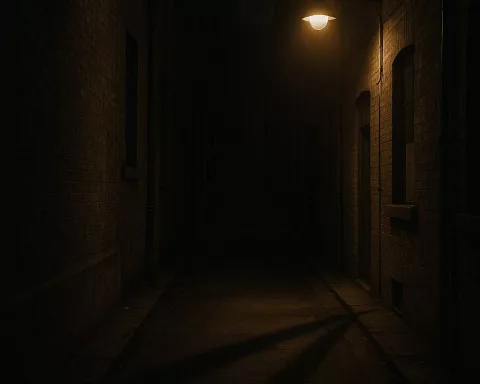Despite the progress made in terms of LGBTQI+ rights worldwide, the University of Cape Town (UCT) is set to host Kenyan Professor Patrick Lumumba, a self-proclaimed advocate and academic who denounces homosexuality as “unAfrican” and “unnatural.”
Lumumba’s Homophobic Stance
Lumumba has expressed his support for Uganda’s Anti-Homosexuality Act of 2023, one of the most severe anti-LGBTQI+ laws globally. The law prescribes the death penalty and life imprisonment for Ugandans found guilty of homosexuality and has left many in Uganda’s queer community homeless and hesitant to access essential health services.
Debunking the Myth of Homosexuality as “Un-African”
The idea that homosexuality is “unAfrican” is a myth, as confirmed by a growing body of scholarship from academics such as Thabo Msibi, Sylvia Tamale, Ifi Amadiume, and Stella Nyanzi. Their research shows that same-sex relationships were part of pre-colonial African life.
Colonialism’s Role in Criminalizing Same-Sex Relationships
It was European ethnographers who first labeled same-sex engagements as “unAfrican.” The current Anti-Homosexuality Act is a continuation of anti-sodomy laws introduced by the British Empire in 1902 under colonial law that made Uganda a British Protectorate.
Resistance to Lumumba’s Lecture
The EFF’s decision to host Lumumba has been met with resistance from queer and allied staff and students at UCT. Over 1,000 individuals have signed a petition asking UCT’s Vice Chancellor to rescind permission for the event.
Risk to Queer Lives
The EFF’s encouragement of a speaker who fuels hatred against the queer community puts their lives at further risk. UCT’s response, stating that they hold no responsibility for the content of lectures hosted by external parties, shirks responsibility for upholding the institution’s values, including social justice.
Incitement of Violence and Advocacy of Hatred
Lumumba’s historical pronouncements on queer Africans amount to incitement of violence and advocacy of hatred, which constitutes incitement to cause harm. If the EFF and UCT proceed with Lumumba’s planned open lecture, they risk fostering a culture of harm towards queer Africans across the continent.
The myth that homosexuality is “unAfrican” must be debunked, and individuals like Lumumba, who perpetuate this falsehood, must be held accountable. UCT has a responsibility to uphold their values of inclusivity, diversity, and transformation, and must retract permission for Lumumba’s lecture.












